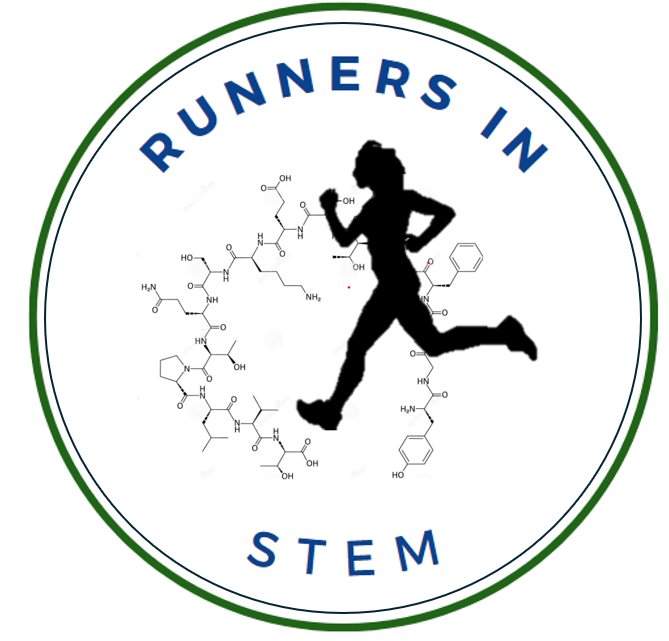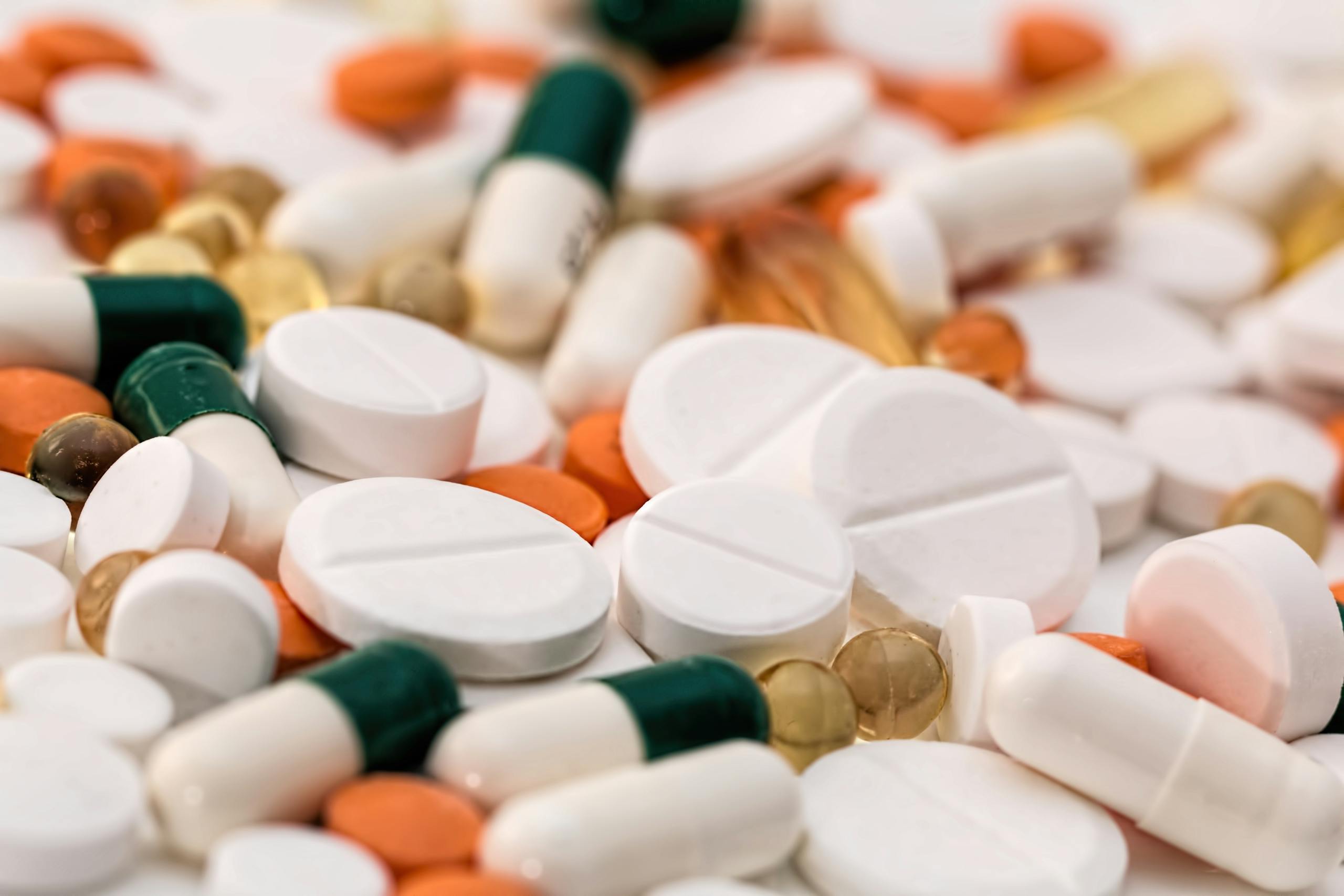NSAIDS may increase the risk of stress fractures.
There’s no bigger disappointment as a runner than getting to the race line only to find yourself injured or in pain. More often than not, runners will try to hide this pain with medication like NSAIDS, nonsteroidal anti-inflammatory drugs, in hopes of hitting their goals despite this setback. However, recent studies reveal that this preventative measure could be causing more harm than good.
Dr. Brandon Roberts, a researcher at the US Army Research Institute of Environmental Medicine, found that taking ibuprofen or flurbiprofen, common over-the-counter NSAIDS, do not prevent pain or performance decrements associated with exercise. Though, celecoxib, a prescription NSAID that targets a different pathway, may mitigate performance decrements. The difference in these pathways could be the culprit behind a recent correlation found with NSAID overconsumption and stress fractures.
These pathways are effects produced by the COX 1 and COX 2 proteins. Arachidonic acid, an important molecule in the cell membrane, can accumulate following tissue injury. COX proteins convert arachidonic acid into prostaglandin H2, a precursor for injury-associated symptoms such as pain and inflammation. When COX proteins are inhibited, arachidonic acid cannot be converted, and therefore, inflammation is reduced. While COX 2 is only responsible for producing prostaglandins, COX 1 also promotes blood and stomach health through additional downstream pathways. This means inhibiting COX 1 has more effects than just reduced inflammation.
Ibuprofen is a non-selective COX inhibitor that targets both COX 1 and COX 2, while flurbiprofen is specific to COX 1 and celecoxib is specific to COX-2. Roberts suggested that celecoxib may be more effective in decreasing performance decrements because it only targets exercise- induced pathways. He also hypothesizes that COX 1 inhibition could be related to an increased risk of stress fractures.
NSAIDS can increase effectiveness when taken after exercise at the onset of delayed muscle soreness, but in some cases, it is not worth the temporary pain relief. These drugs reduce inflammation, which causes pain but also promotes the healing process by clearing out harmful agents and injured tissue.
The correlation between NSAID use and increased stress fractures was initially thought to be due to the increased volume of stress that consumers could put on their bodies, but Robets found that most COX inhibitors did not reduce perceived efforts or help performance, so the correlation may be due to the drug itself, though this is yet to be proven.
While the larger question of this correlation remains to be seen, the important takeaway of this new data is that taking NSAIDs prior to exercise is probably not going to help. The next time you’re considering pushing through pain, consider taking a rest day or speaking with a doctor before self-prescribing medicine. Rest will always be the best recovery.
Sources
Roberts, B. M., Sczuroski, C. E., Caldwell, A. R., Zeppetelli, D. J., Smith, N. I., Pecorelli, V. P., Gwin, J. A., Hughes, J. M., & Staab, J. S. (2024b). NSAIDs do not prevent exercise-induced performance deficits or alleviate muscle soreness: A placebo-controlled randomized, double-blinded, cross-over study. Journal of Science and Medicine in Sport, 27(5), 287–292. https://doi.org/10.1016/j.jsams.2024.02.002

